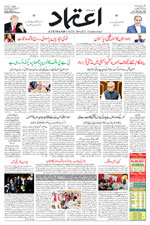70% of migrants to Europe from north Africa trafficked or exploited
Tue 18 Oct 2016, 12:11:30
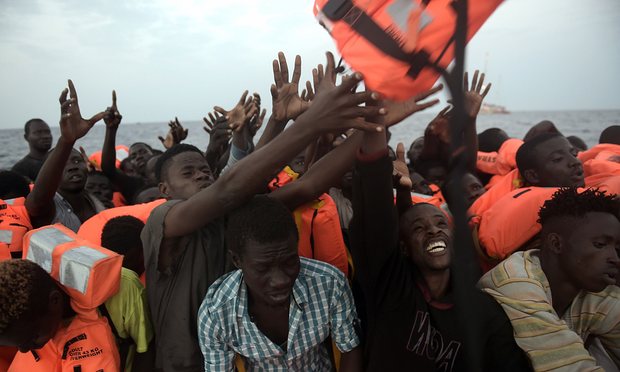
Migrants rescued off the coast of Libya on 4 October. The International Organisation for Migrationãs surveys show that many migrants are trafficked or exploited for profit by criminals.
More than 70% of migrants travelling overland through north Africa to Europe have become victims of human trafficking, organ trafficking and exploitation along the way, according to the UNãs International Organisation for Migration (IOM).
The IOMãs surveys of migrants arriving in Europe by boat reveal that nearly three-quarters of those interviewed show strong indicators of having been trafficked or exploited for profit by criminals at some point on their journey.
Trafficking of Nigerian women into prostitution in Europe 'at crisis level'
Nearly half of all those questioned (49%) reported being held in a location against their will, often for ransom. The majority of these cases occurred in Libya.
Half of migrants said they had worked without pay, with many being threatened with weapons by an employer or labour broker. Others said that forced labour was the only way of being freed from captivity or securing a place on a boat to Europe.
The surveys also revealed an emerging trend of organ and blood trafficking: 6% of all respondents reported that they had experience of someone being forced to give blood against their will or while captive, or of organs being used as payment for parts of the journey.
According to the surveys, men are more likely to have fallen victim to human trafficking than women, although the IOM did not ask specific questions about forced prostitution or trafficking for sexual exploitation.
The surveys also show that the longer someone is in transit, the more vulnerable they are to being exploited or trafficked, with migrants who spent six months or more journeying to Europe three times more likely to have fallen prey to criminal exploitation than those who
were in transit countries for less than two weeks.
were in transit countries for less than two weeks.
The IOM spent 10 months gathering data from more than 9,000 migrants. As well as collecting information on the prevalence of forced labour and organ trafficking, the surveys also asked about marriage, and forced marriage, while in transit. Fewer than 1.5% of respondents said they had received an offer of marriage in exchange for money along the route.
A parallel survey has also been conducted along the eastern Mediterranean route ã where migrants travel overland via Turkey and Greece ã which showed that 14% of migrants on this overland journey reported signs of human trafficking and exploitation. About 6% reported being held against their will, 7% said they worked without pay. As many as 4% said they were forced into work against their will, most of these instances occurring in Turkey. Incidents of organ and blood trafficking were reported in Turkey, Greece, Albania, Macedonia and Serbia.
The IOM said its surveys are the first attempt to quantify the prevalence, scale and frequency of labour and other forms of human trafficking on the major migrant routes.
ãWhat these surveys show is that human trafficking networks are becoming brutal and efficient at exploiting and making profit from the vulnerability of migrants,ã says Simona Moscarelli, anti-trafficking expert at the IOM.
ãThere is still very little real recognition of the scale of this business or just how much money is being made from the misery and labour of people fleeing war or poverty.ã
Kevin Hyland, the UKãs independent anti-slavery commissioner, said that the surveys provide further evidence that the migration crisis is being used by human trafficking networks to target and exploit the most vulnerable.
ãThere is a need for urgent action to protect these people,ã he says. ãI believe that a key focus for the UK and other governments must include collaborating with partners to prioritise safeguarding against the risks of modern slavery as part of the response to the migration and refugee crisis.ã
No Comments For This Post, Be first to write a Comment.
Most viewed from International
Most viewed from World
AIMIM News
Latest Urdu News
Most Viewed
May 26, 2020
Do you think Canada-India relations will improve under New PM Mark Carney?
Latest Videos View All
Like Us
Home
About Us
Advertise With Us
All Polls
Epaper Archives
Privacy Policy
Contact Us
Download Etemaad App
© 2025 Etemaad Daily News, All Rights Reserved.

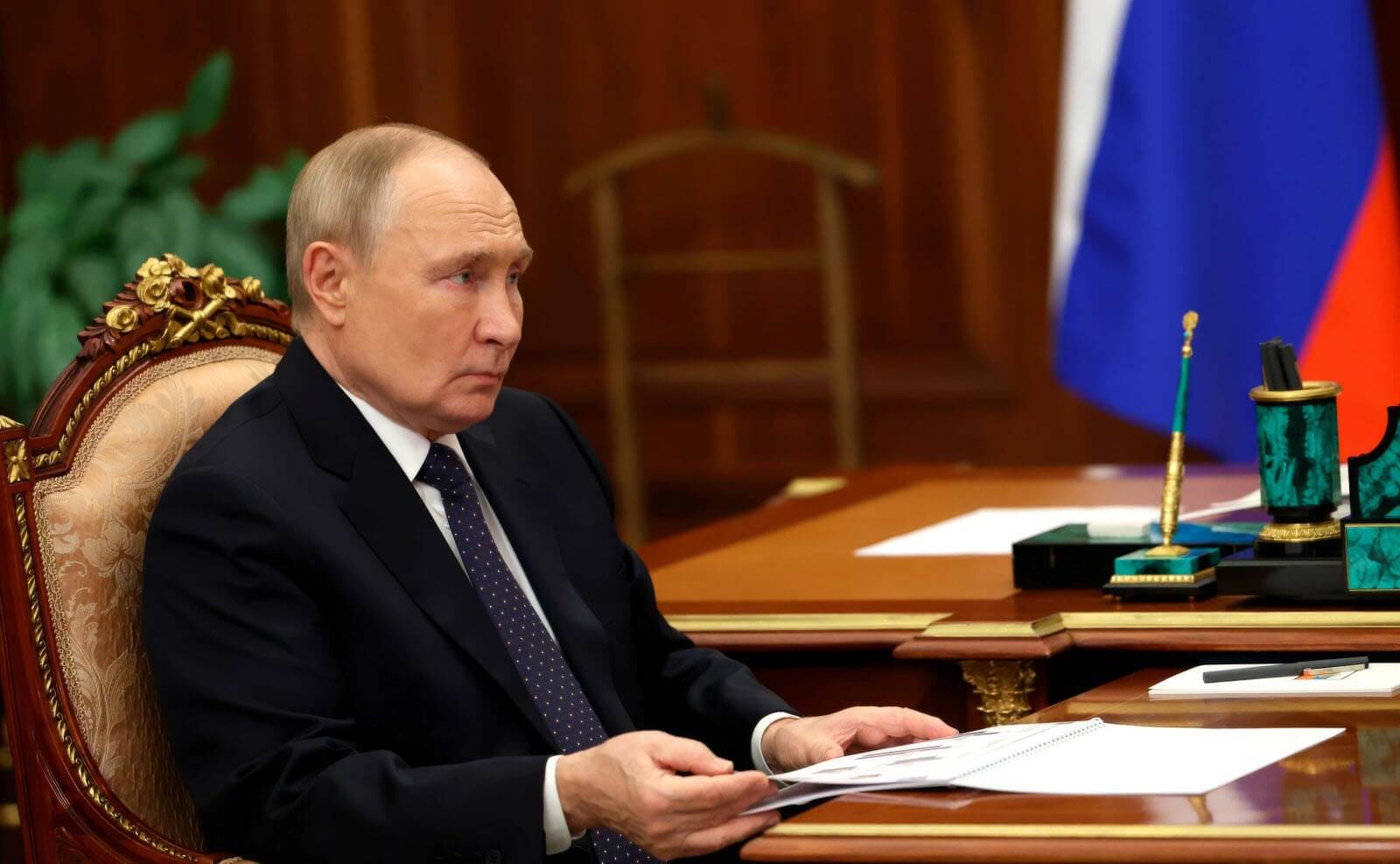
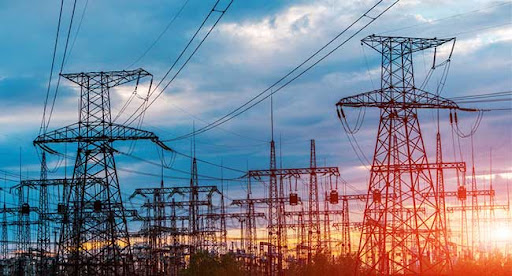
.jpg)
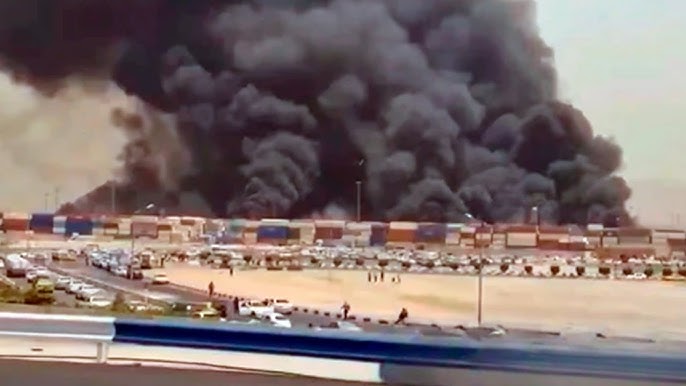
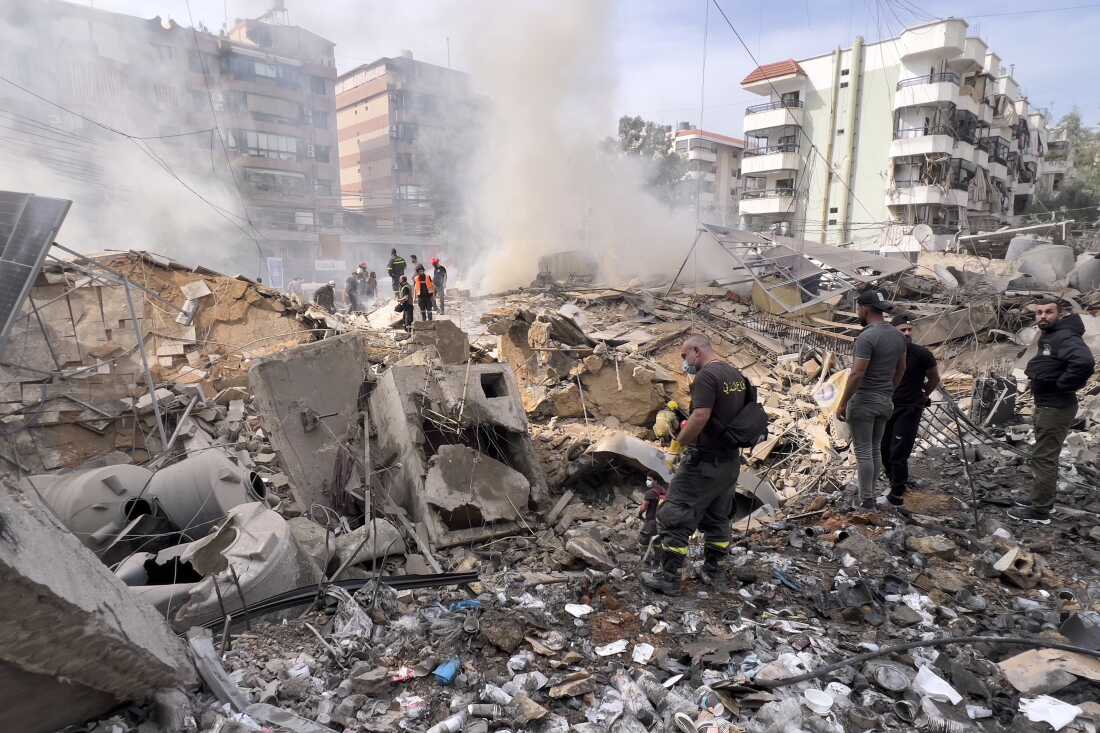

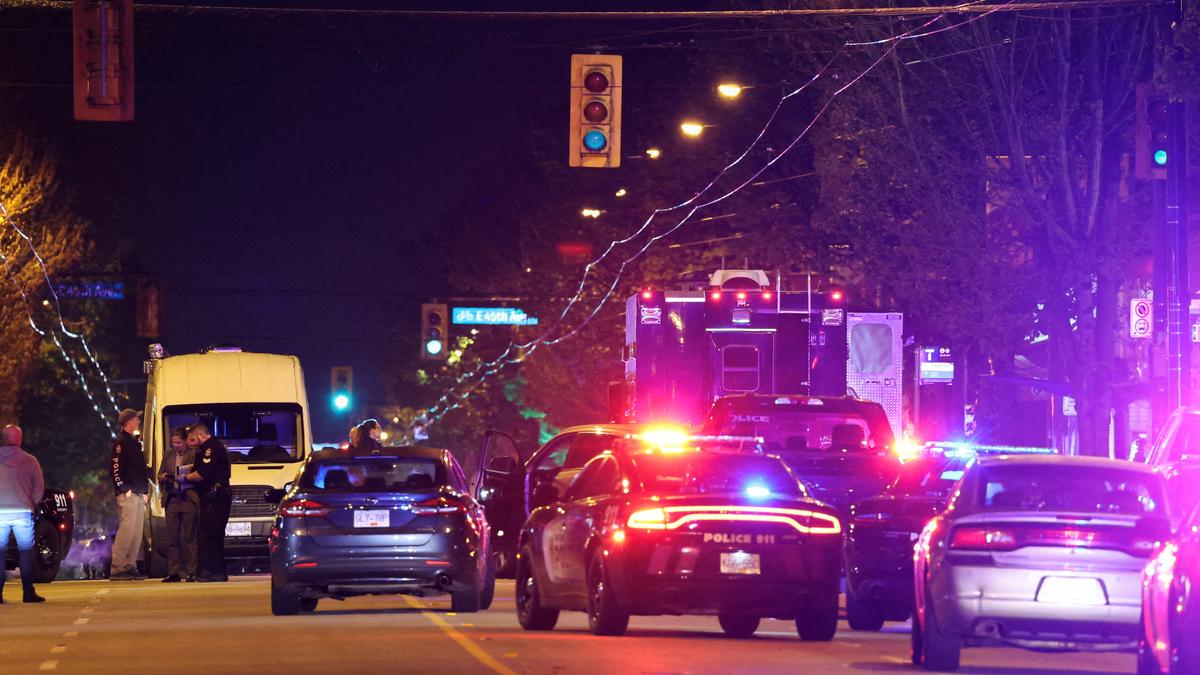
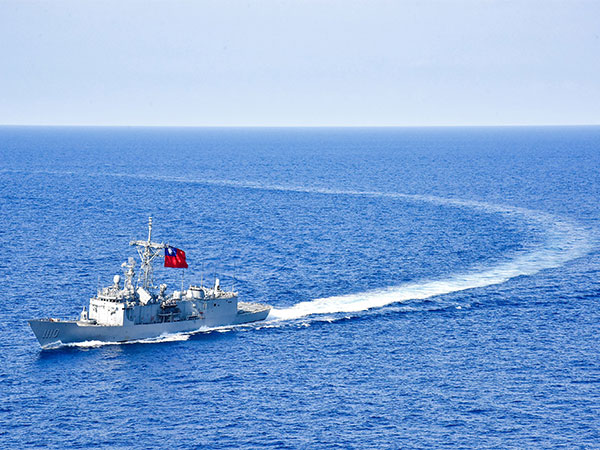
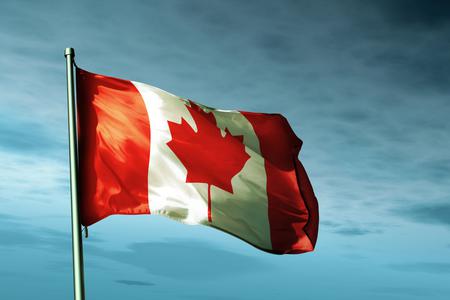
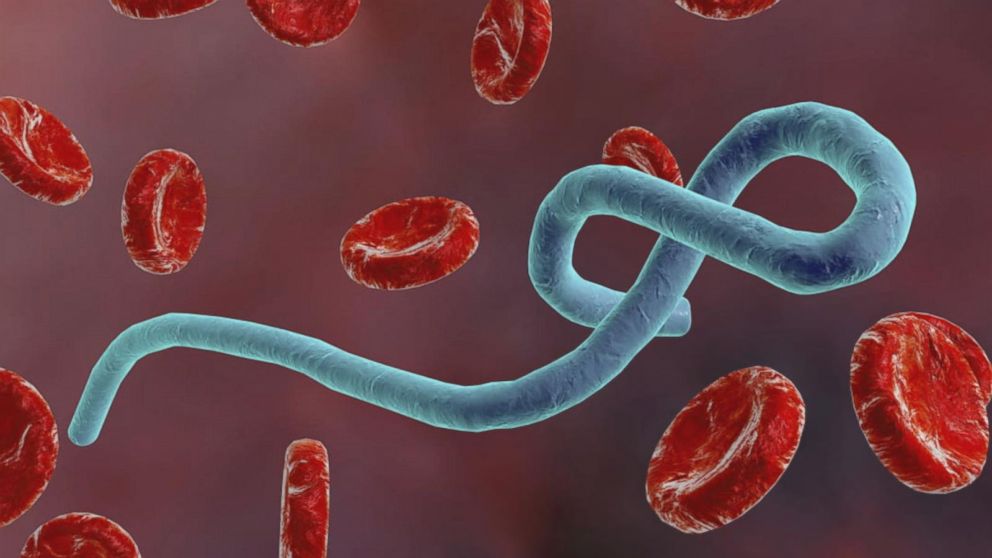
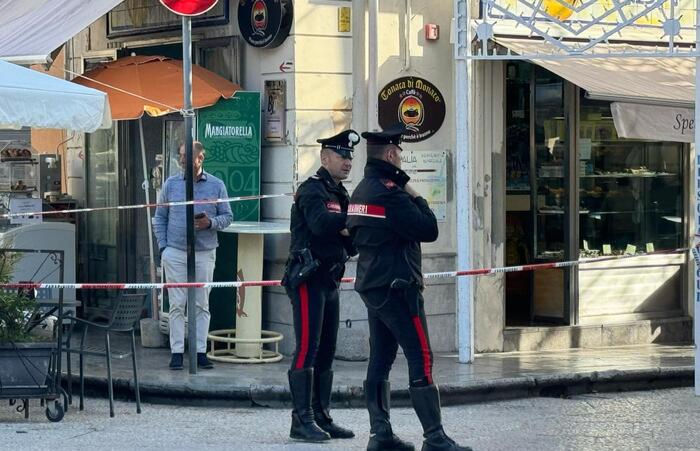
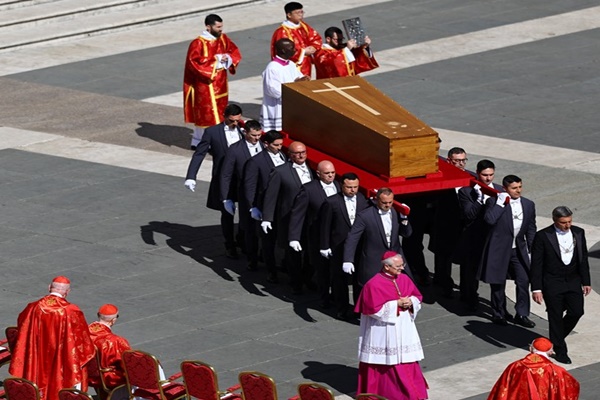

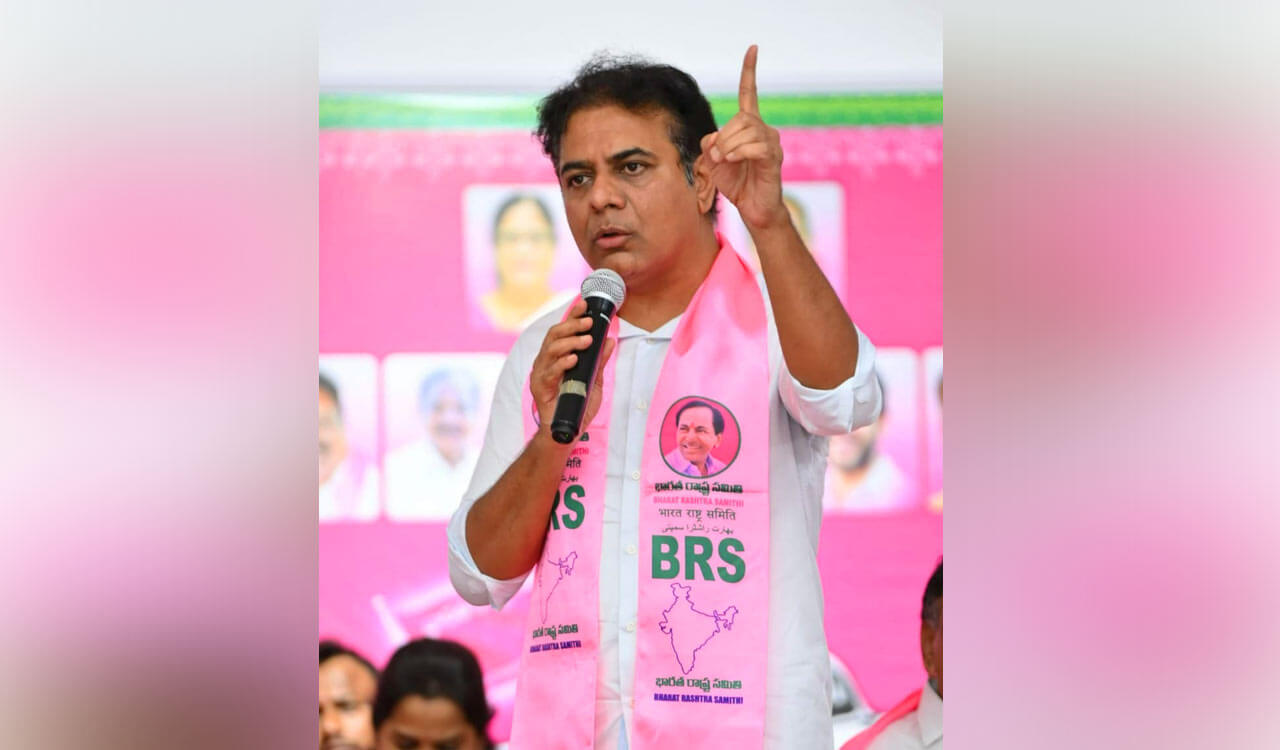
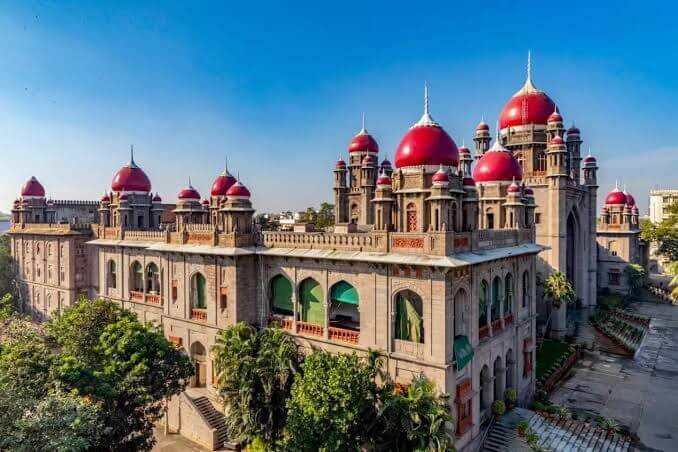
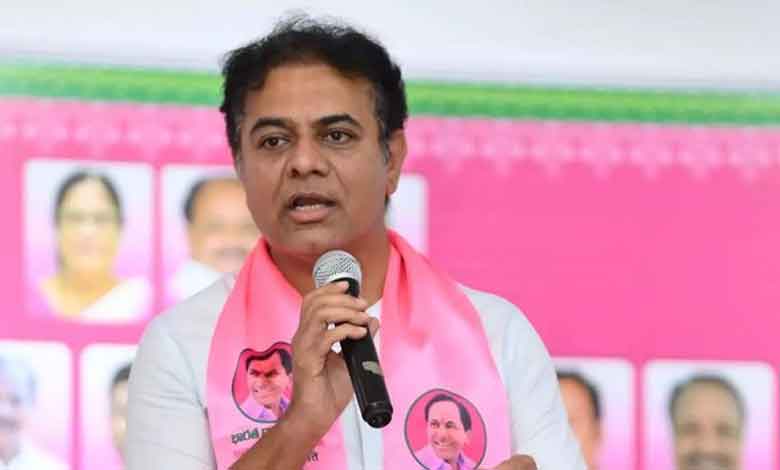
.jpg)
.jpg)
.jpg)
.jpg)
.jpg)
.jpg)
.jpg)


